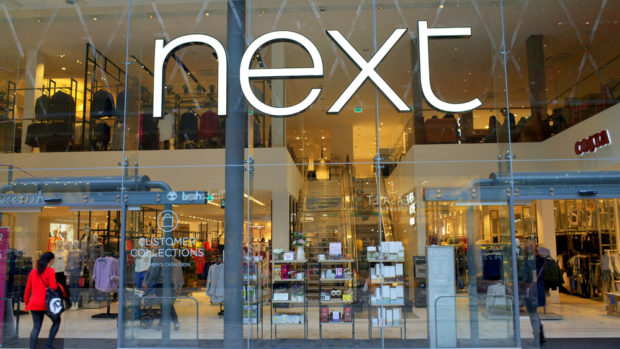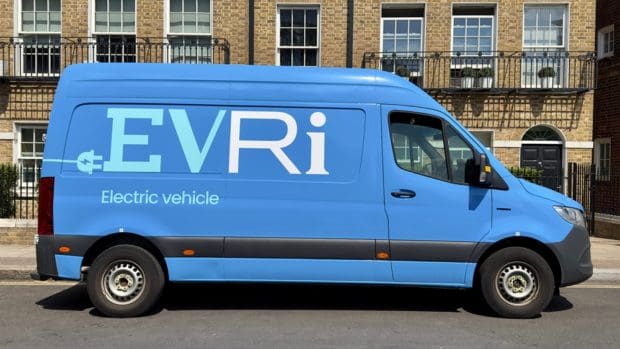As technology companies like Amazon, Oracle, Salesforce and Apple become more dominant, digital marketing agency Greenlight surveyed 100 UK marketers to discover their major anxieties and their eye for opportunity in 2016. This coincides with the launch of Greenlight’s 2016 Predictions Report.
Search and social media are the marketer’s “friend”
Google wins the title as “marketer’s best friend” with 86 per cent believing the company supports their online retail strategy. It’s easy to see how Google can be a friend if retailers optimise in line with the search engine’s rankings but over two-thirds of marketers have concerns over the power it wields.
Facebook and Twitter are the next most supportive tech companies with 71 per cent considering Facebook a “friend” to online retail and 69 per cent viewing Twitter in the same light. This is unsurprising when the social media sites have made their intentions to dominate social shopping clear in the past few months; both tech companies have introduced “buy buttons,” while Facebook has also implemented immersive ‘Canvas’ product adverts and a Shopping feed, as well as establishing a partnership with e-commerce start-up Shopify.
Marketer concerns about the rise of tech titans
Asked why they are anxious about the rise of these tech titans, the number one reason that marketers have concerns about the dominance of technology companies like Yahoo! and Apple is because of anxiety about their use of data, with 57 per cent of marketers stating this reason. 32 per cent have concerns about overreliance on their services, while 25 per cent have concerns over the cost of their services and 21 per cent view them as a direct competitor.
Tech trends marketers will jump on in 2016
Propelled by the growing dominance of tech firms like Facebook and Twitter, more than half of marketers (52 per cent) believe social commerce will be the most rapidly growing tech trend in 2016. 49 per cent envisage the growth in location-based marketing technology, with 43 per cent anticipating an increase in predictive targeting and 39 per cent backing the growth of wearable technology, indicating a greater focus on innovative personalisation tactics in the New Year.
Currently, the most popular personalisation tactic being deployed by marketers is location-targeting, with 42 per cent acting upon this. 33 per cent of marketers are targeting by age group, with 33 per cent targeting by intent (e.g. browsing to buy, purchase history). However, with 27 per cent of marketers not targeting by location, age group, intent, socio-economic group, religion or sexual orientation, marketers have many opportunities to personalise their campaigns to greater effect.
What digital skills will marketers need in 2016?
As technology companies become more dominant, the likes of Google, Apple, Twitter and Facebook will wield even greater power over retailers and the consumers that use their services. Asking marketers what skills they would most like to learn to navigate this new world, 59 per cent said data analysis, 52 per cent would value better content optimisation skills, 45 per cent want to align better with the sales team, 42 per cent are seeking greater financial modelling and budgeting capabilities, while 40 per cent want improved SEM and SEO competence and 23 per cent want the ability to code.
Andreas Pouros, COO and co-founder at Greenlight, commented: “As the fight for online dominance gathers pace, marketers are right to be concerned about the power of tech companies, their use of data and the cost of their services. To come out on top in this fast-changing environment, retailers must take advantage of new innovations. However, it’s important not to rush into anything blindly.
Before investing, consider your next move carefully. Question whether new tools and services will really impact your business and how much value investment in these areas will deliver. Marketers also need to make sure they have the skills to handle new technologies and, if they don’t, they need to look for a partner with the right expertise. The responsibility is on each marketer to realise what they need to shift the need; invest, upskill or partner depending on the needs of your business.”








Share